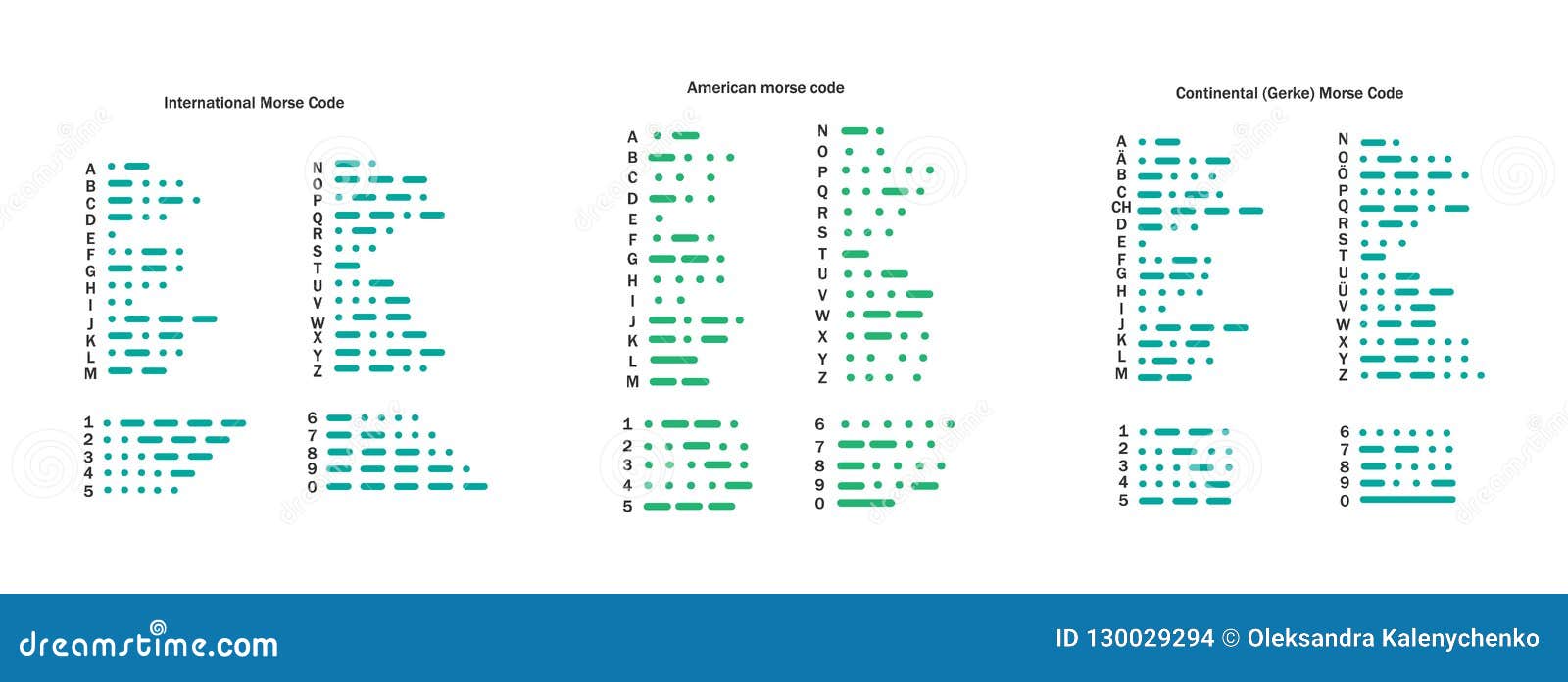

- International spelling alphabet chosen serial numbers#
- International spelling alphabet chosen code#
- International spelling alphabet chosen plus#
Their original alphabet was based on a spelling reform for English known as the Romic alphabet, but in order to make it usable for other languages, the values of the symbols were allowed to vary from language to language. In 1886, a group of French and British language teachers, led by the French linguist Paul Passy, formed what would come to be known from 1897 onwards as the International Phonetic Association (in French, l’ Association phonétique internationale). These are shown in the current IPA chart, posted at the website of the IPA. As of the most recent change in 2005, there are 107 letters, 52 diacritics, and four prosodic marks in the IPA. Occasionally letters or diacritics are added, removed, or modified by the International Phonetic Association. Often, slashes are used to signal broad or phonemic transcription thus, /t/ is less specific than, and could refer to, either or depending on the context and language.
International spelling alphabet chosen plus#
For example, the sound of the English letter ⟨t⟩ may be transcribed in IPA with a single letter,, or with a letter plus diacritics,, depending on how precise one wishes to be. IPA symbols are composed of one or more elements of two basic types, letters and diacritics. To represent additional qualities of speech such as tooth gnashing, lisping, and sounds made with a cleft palate, an extended set of symbols called the Extensions to the IPA may be used. The IPA is designed to represent only those qualities of speech that are distinctive in spoken language: phonemes, intonation, and the separation of words and syllables. The IPA is used by foreign language students and teachers, linguists, Speech-Language Pathologists, singers, actors, lexicographers, constructed language creators ( conlangers), and translators. It was devised by the International Phonetic Association as a standardized representation of the sounds of spoken language. A hyphen (-) is referred to as a "DASH", a period (.) is referred to as a "STOP", and a decimal point is referred to as a "POINT" or as a "DECIMAL".The International Phonetic Alphabet ( IPA) is an alphabetic system of phonetic notation based primarily on the Latin alphabet. Numbers within the NATO Phonetic Alphabet from "0" to "8" are spoken normally, however, the number "9" is spoken as "NIN-ER" to avoid confusion with the number "5".
International spelling alphabet chosen code#
The 26 words and their Morse Code equivalents are as follows: Letter This is the time at the Prime Meridian, and National Oceanic and Atmospheric Administration (NOAA) satellites use Zulu Time as their time reference. The code even crops up in time keeping, with Greenwich Mean Time, also known as Coordinated Universal Time (UTC), often being referred to as "Zulu Time".

The airlines use the International Phonetic Alphabet when they communicate Passenger Name Records (PNRs), and medical workers are using the code to avoid mistakes in patient records.
International spelling alphabet chosen serial numbers#
The NATO Phonetic Alphabet is also used by credit card companies, call centers, and retail workers when confirming a name on a credit card or stock codes, and the code is increasingly being used by information technology workers when communicating serial numbers or reference codes.


Often, letters that sound similar, such as "M" and "N" and "F" and "S", are confused, and this can be critical when giving information to emergency responders. The code was designed to eliminate problems communicating when there is bad reception, a lot of background noise, or people who have strong accents. The code was officially established in 1956 by NATO and ICAO, and the words were chosen based on extensive testing with speakers from different countries. Often referred to as the ICAO/ITU/NATO Phonetic Alphabet, or the International Phonetic Alphabet, it is a set of words that are used instead of letters in oral communication, where each word represents its initial letter. The code is officially known as the North Atlantic Treaty Organization (NATO) Phonetic Alphabet, the International Radiotelephony Spelling Alphabet (IRSA), the International Civil Aviation Organization (ICAO) phonetic alphabet, and the International Telecommunication Union (ITU) phonetic alphabet. SEE ALSO: WHEN THE INTERNET AND CELL PHONE NETWORKS GO DOWN, AMATEUR RADIO OPERATORS STEP UP The ICAO/ITU/NATO Phonetic Alphabet federal government, where it is known as "Federal Standard 1037C: Glossary of Telecommunications Terms." The code has also been adopted by the International Maritime Organization (IMO), and the U.S. Pilots and air traffic controllers use the code. The code has been adopted for use by the Federal Aviation Administration (FAA), the American National Standards Institute (ANSI), the American Radio Relay League (ARRL), the International Amateur Radio Union (IARU), and the Association of Public-Safety Communications Officials-International (APCO).


 0 kommentar(er)
0 kommentar(er)
